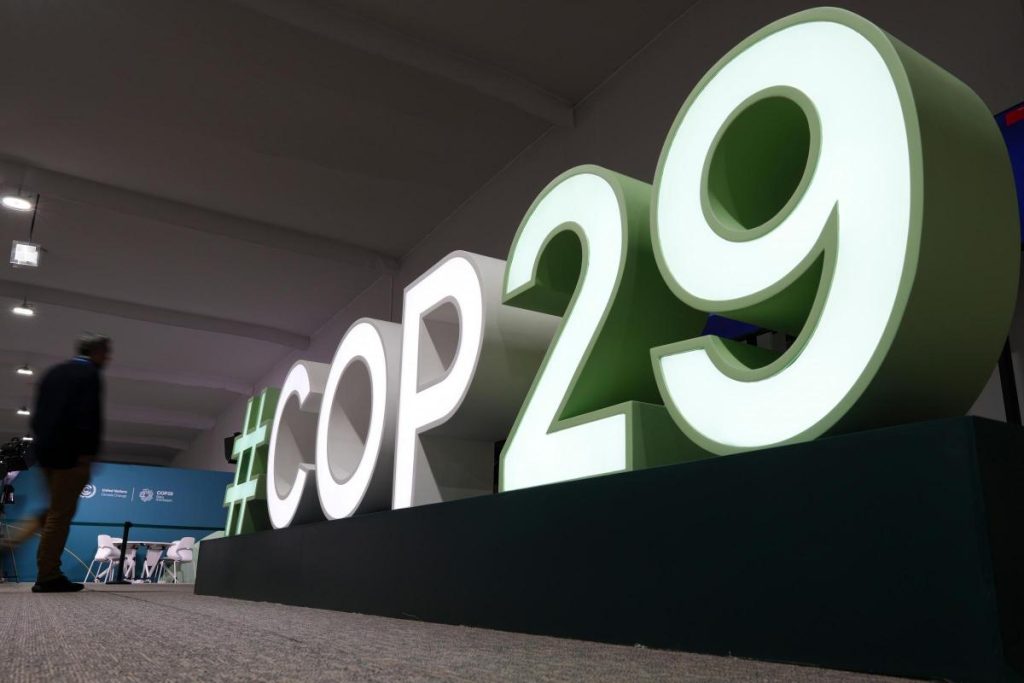A new draft climate finance deal unveiled on Wednesday at the COP29 summit in Baku outlines various strategies for funding climate action in developing nations, underscoring significant divisions among nearly 200 countries on the issue.
Boosting climate finance for poorer nations has emerged as the primary goal at COP29, yet negotiators continue to struggle to reach a consensus after nearly a year of discussions.
The latest draft reveals that most developing countries are pushing for at least $1.3 trillion per year from wealthier nations, a sum significantly higher than the current $100 billion provided annually by a small group of developed nations, including the US, EU, and Japan. However, political and economic pressures at home make donor countries cautious about committing to substantial new funding from public resources.

A previous draft had been firmly rejected by developing nations, who felt the terms leaned too heavily in favour of wealthier countries.
The revised draft compiles three main proposals. The first suggests that industrialised countries historically responsible for emissions should bear the main financial burden. The second option calls for a broader sharing of responsibility, as advocated by wealthier nations, while the third combines elements of both.
Among requests, a group of the least developed nations, primarily African, are asking for $220 billion, while small island states vulnerable to sea level rise have set a goal of $39 billion. Global Citizen’s Friederike Roder welcomed some concrete proposals in the draft but warned that definitions around climate finance and its monitoring remain unclear.
The 34-page document provides a range of options that now need refining, according to David Waskow of the World Resources Institute. The COP29 talks are scheduled to run until November 22, although climate negotiations frequently extend beyond their official end date.


